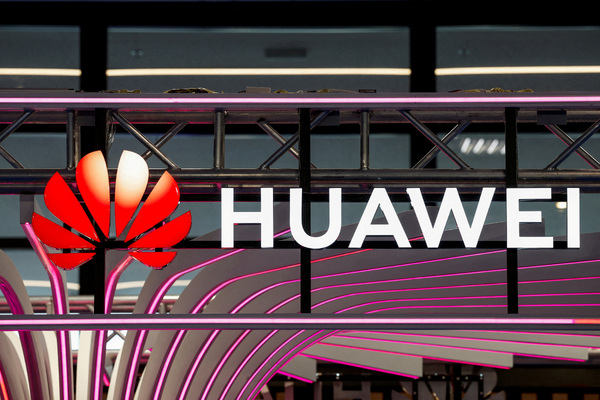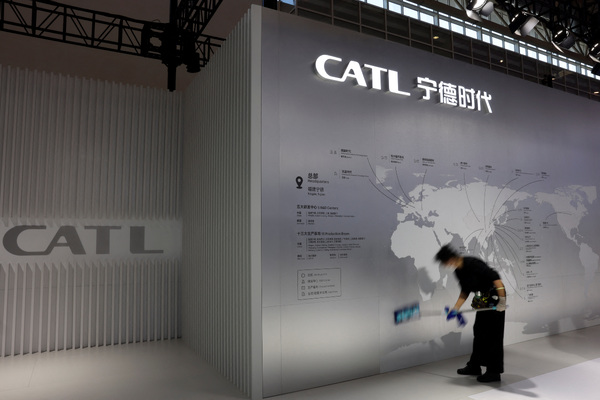How to be a positive agent for sustainability change

Some businesses have been slow to implement sustainability policies because of a lack of expertise and leadership. Matt Flynn at Vendigital argues that sustainability change agents need to be board-level appointments
With government legislation set to tighten on the way to net zero by 2050, businesses across the UK need to ensure that they are paving the way for decarbonisation not only within their daily operations, but also across their supply chains.
Recent research by Vendigital, conducted with C-suite executives, shows that while most respondents identified sustainability as a key challenge, they also felt that a lack of board-level engagement was a significant internal barrier to change.
With sustainability reportedly more important to 61 per cent of consumers than it was two years ago, businesses are under pressure to change their processes and behaviours. Those businesses that actively seek to decarbonise to meet their net zero targets stand to gain the most from positive stakeholder associations, potentially boosting their market share.
While pressure from the public has been building for many years, some businesses have been slow to implement policies for a variety of reasons, including a lack of expertise and leadership. Some are also concerned about the significant upfront costs linked to the delivery of any long-term change programme.
Positive change agents can have a hugely beneficial effect on businesses and should ideally operate at board level, as when messages are communicated from the top down, they are more likely to be adopted as part of the workplace culture.
A key example of this can be seen at Unilever, which launched its sustainable living plan in 2010 and in doing so became one of the first UK corporates to pursue such a strategy. The company’s board worked together as positive change agents in full support of the plan and sustainability outputs were stated within the company’s annual report.
Setting sustainability goals and ensuring that a company’s decarbonisation plan is shared with internal and external stakeholders is vital to its success. Including measurable sustainability KPIs in key corporate reports, alongside other strategic goals, will ensure that they are afforded the same degree of importance. It also helps to establish a clear line of accountability back to the company’s decision makers.
The process of implementation should include carrying out lifetime carbon assessments (LCAs) and using bespoke data-based tools to model the effect of changes in terms of their impact on costs, carbon emissions and other variables. For example, switching to low-carbon components or raw materials sourced locally, could have a significant impact across the supply chain.
Implementing digital twin technologies to support decision making could give boards the confidence needed to make capital investments that will deliver significant sustainability gains over time. For example, replacing ageing machinery with advanced, energy-efficient alternatives could boost productivity, lower energy bills and cut lifetime carbon emissions.
With so much to consider, putting a decarbonisation strategy in place could seem daunting, particularly at a time of significant geopolitical and economic instability. Some boards may be reluctant to plan too far ahead, but they can’t afford to do nothing. To achieve their sustainability goals, they should start by working backwards from a significant date, for example, net zero by 2050, and plot the milestones required to get there.
However, boards shouldn’t simply create the plan and then pass it on to others to implement. Once created, it is vital that there is an individual or shared responsibility at board level for its delivery, as a decarbonisation strategy will affect every business function from the research and development department through to the sales team.
Empowering procurement teams to share sustainability data across the supply chain is also critical to deliver a step-change reduction in carbon emissions.
To become positive change agents, boards need a clear sustainability vision that is communicated internally and externally and becomes a part of the company’s annual performance reporting. They should also consider seeking professional advice where appropriate and look for ways to incentivise and empower employees to deliver their own sustainability initiatives.
With positive change agents at the helm, decarbonisation should become a value that is lived throughout the business rather than a bright idea that is superseded when other pressures arise.
Matt Flynn is a Director at management consultancy, Vendigital
Main image courtesy of iStockPhoto.com

Business Reporter Team
Related Articles
Most Viewed
23-29 Hendon Lane, London, N3 1RT
23-29 Hendon Lane, London, N3 1RT
020 8349 4363
© 2024, Lyonsdown Limited. Business Reporter® is a registered trademark of Lyonsdown Ltd. VAT registration number: 830519543
Join the Business Reporter community today and get access to all our newsletters, and our full library of talk show episodes
Join the Business Reporter community today and get access to all our newsletters, and our full library of talk show episodes





